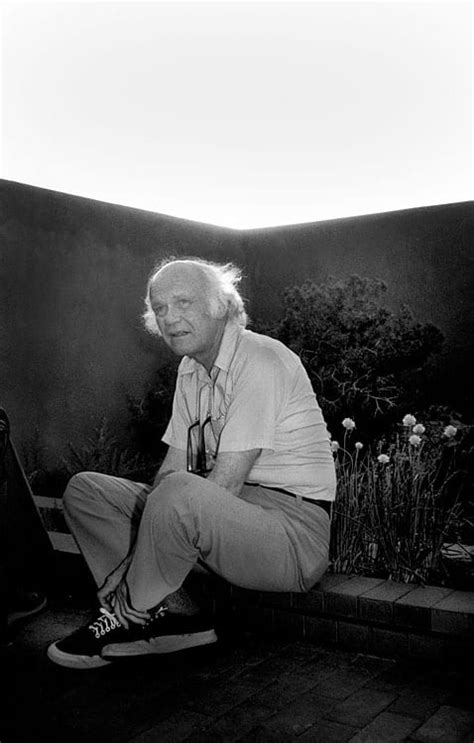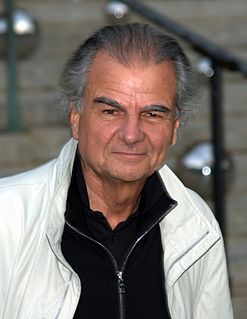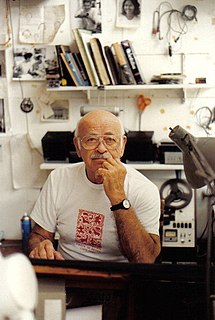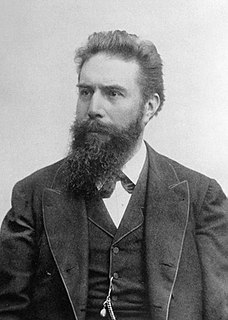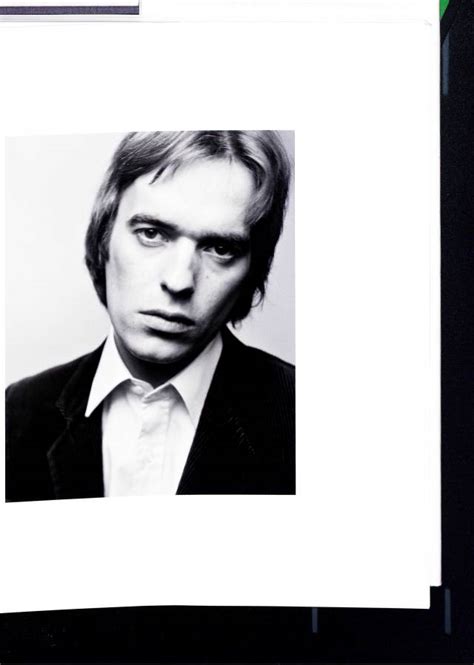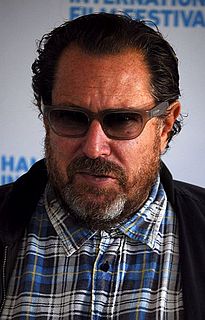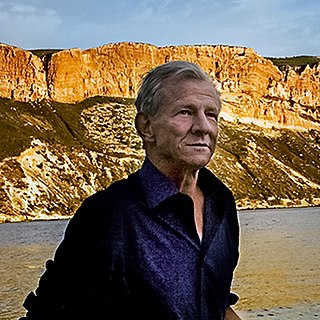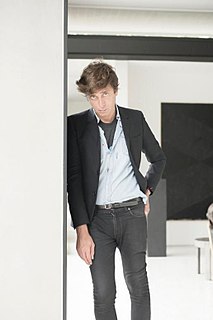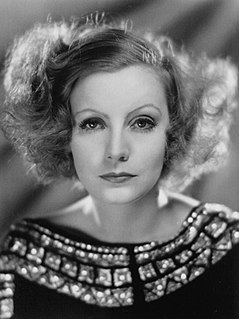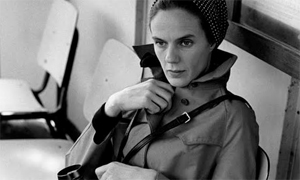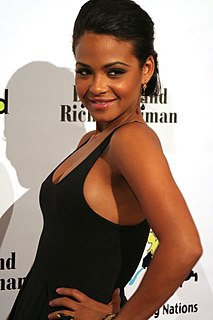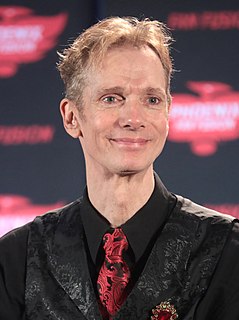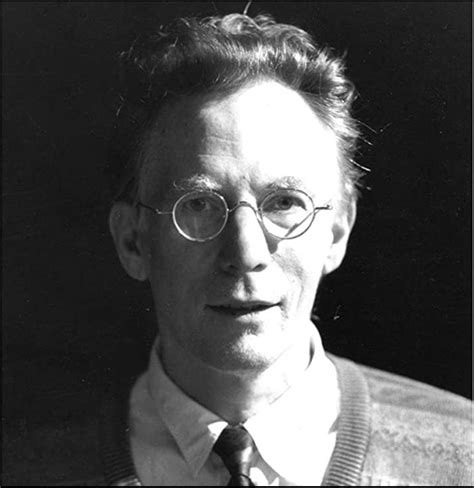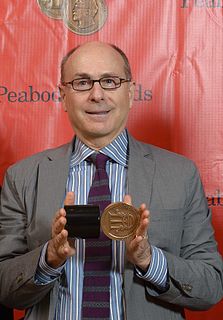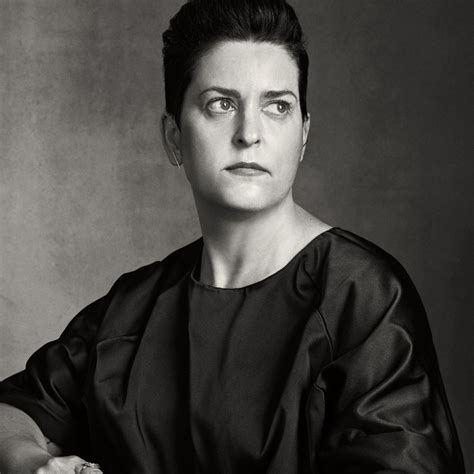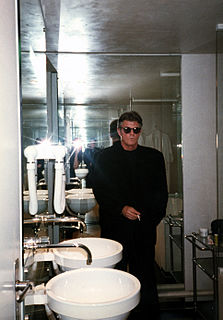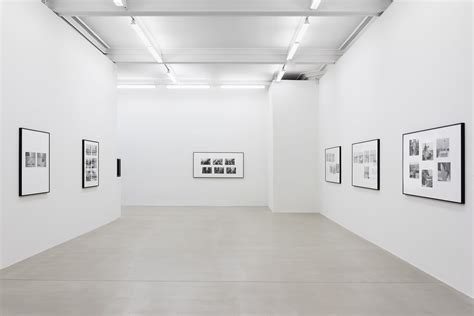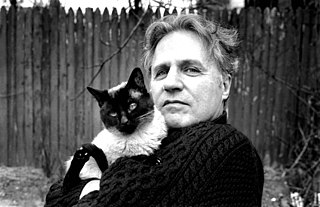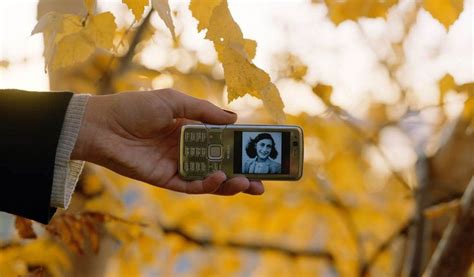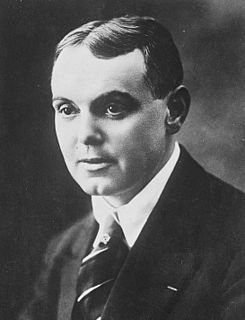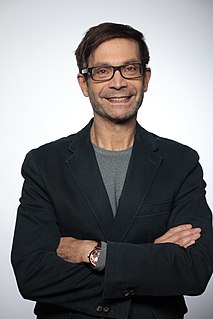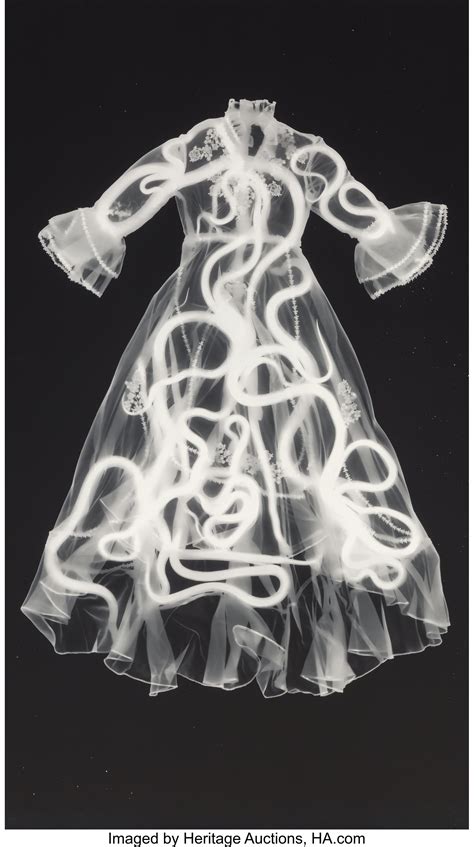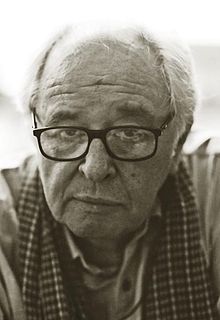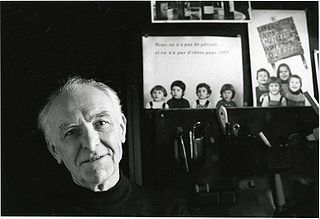Top 1200 Capturing A Moment Photography Quotes & Sayings - Page 2
Explore popular Capturing A Moment Photography quotes.
Last updated on April 17, 2025.
I don't know that there were any rules for documentary photography. As a matter of fact, I don't think the term was even very precise. So as far as I'm concerned, the kind of photography I did in the FSA was the kind of photography I still do today, because it is based on passionate concern for the human condition. That is the basis of all the work that I do.
Capturing Saddam Hussein and ensuring that this brutal dictator will never return to power is an important step toward stabilizing Iraq for the Iraqis. Let's also be clear: Our problems in Iraq have not been caused by one man, and this is a moment when the administration can and must launch a major effort to gain international support and win the peace.
The moment you make a photograph you consign whatever you photograph to the past as that specific moment no longer exists, it is history. The photography that I practice takes place in a specific time and place, depicting real moments in people's lives. In some ways I think of myself as a historian, but not of the word. History is most often written from a distance, and rarely from the viewpoint of those who endured it.
Traditionally, photography has dealt with recording the world as it is found. Before photography appeared the fine artists of the time, the painters and sculptors, concerned themselves with rendering reality with as much likeness as their skill enabled. Photography, however, made artistic reality much more available, more quickly and on a much broader scale.
Garbo still belongs to that moment in cinema when capturing the human face still plunged audiences into the deepest ecstasy, when one literally lost oneself in a human image as one would in a philtre, when the face represented a kind of absolute state of the flesh, which could be neither reached nor renounced.
The lover of photography is fascinated both by the instant and by the past. The moment captured in the image is of near-zero duration and is located in a ever-receding then. At the same time, the spectator's now, the moment of looking at the image, has no fixed duration. It can be extended as long as fascination lasts and endlessly reiterated as long as curiosity returns.
Of course, it may be that the arts of writing and photography are antithetical. The hope and aim of a word-handler is that he maycommunicate a thought or an impression to his reader without the reader's realizing that he has been dragged through a series of hazardous or grotesque syntactical situations. In photography the goal seems to be to prove beyond a doubt that the cameraman, in his great moment of creation, was either hanging by his heels from the rafters or was wedged under the floor with his lens in a knothole.
Photography's relationship with pornography is as old as photography. That kind of unholy relationship is formed from the very beginning, and there's a reason why: it's thoroughly enjoyable to be that voyeuristic. Voyeurism is a very old modality, and most of the history of photography is in some way related voyeurism.
I didn't do well in high school, but I took photography, and I loved being able to capture moments. It led to more and more photography, and fashion was the angle into photography for me. It was incredible to see photographs by Irving Penn or Helmut Newton. I was really intrigued by that, and that's what led me to New York City.
It was only after a while, after photographing mines and clear-cutting of forests in Maine, that I realized I was looking at the components of photography itself. Photography uses paper made from trees, water, metals, and chemistry. In a way, I was looking at all these things that feed into photography.
I was attracted to photography because it was technical, full of gadgets, and I was obsessed with science. But at some point around fifteen or sixteen, I had a sense that photography could provide a bridge from the world of science to the world of art, or image. Photography was a means of crossing into a new place I didn't know.
I chose makeup over photography because there was something very sensual about makeup that I loved. But photography was always in the back of my mind. That was always something that I was very connected with: looking at magazines, enjoying photography, and then taking pictures myself when I was a kid.
To us, the difference between the #? photographer as an individual eye and the photographer as an objective recorder seems fundamental, the difference often regarded, mistakenly, as separating photography as art from #? photography as document. But both are logical extensions of what photography means: note-taking on, potentially, everything in the world, from every possible angle.

